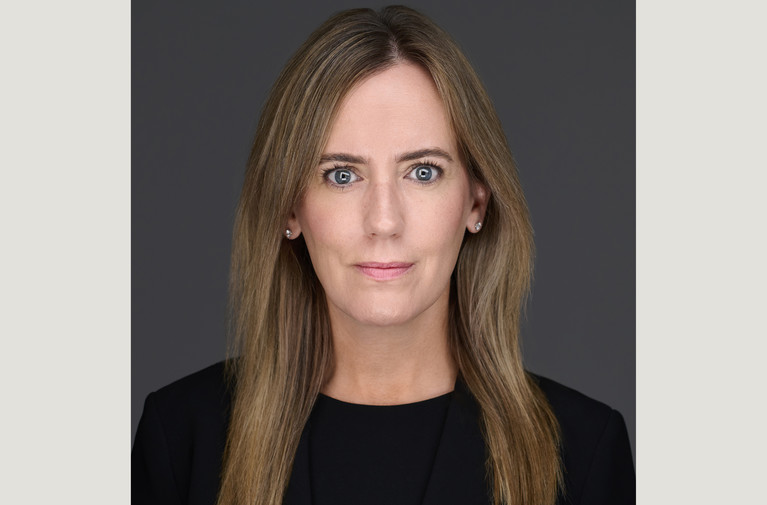Developer Offer
Try ImaginePro API with 50 Free Credits
Build and ship AI-powered visuals with Midjourney, Flux, and more — free credits refresh every month.
Think Your AI Chats Are Private Think Again

A Stark Warning from OpenAI CEO
In a recent podcast appearance, OpenAI CEO Sam Altman delivered a critical warning to users of ChatGPT and other public AI platforms: your conversations are not legally protected and can be used as evidence in court. This confirmation from the head of the world's leading AI company underscores the growing legal risks associated with generative AI in both personal and professional settings.
The Discovery Risk of AI Conversations
Altman explicitly stated that OpenAI is legally obligated to retain user chats, including those that have been deleted by the user. This retention policy is due to a current court order, highlighting that these digital conversations are being treated as discoverable electronic stored information (ESI). Unlike confidential discussions with doctors, lawyers, or therapists, which are protected by legal privilege, exchanges with AI tools have no such safeguards. This leaves a vast trove of potentially sensitive information fully exposed to legal discovery processes in civil or criminal litigation.
The Urgent Need for New Protections
According to Altman, the lack of confidentiality for AI conversations is a significant issue that needs to be addressed with urgency. He argued that as people increasingly use AI for sensitive and personal discussions, similar protections to those in established professional relationships should exist. However, the legal framework has not yet caught up with the technology. Until new laws or precedents are established, users must operate under the assumption that anything they type into a public AI platform could one day be read in a courtroom. This expert opinion, as discussed in a recent Law.com article, serves as a crucial reminder for individuals and organizations to implement clear policies and exercise caution when using these powerful tools.
Compare Plans & Pricing
Find the plan that matches your workload and unlock full access to ImaginePro.
| Plan | Price | Highlights |
|---|---|---|
| Standard | $8 / month |
|
| Premium | $20 / month |
|
Need custom terms? Talk to us to tailor credits, rate limits, or deployment options.
View All Pricing Details

